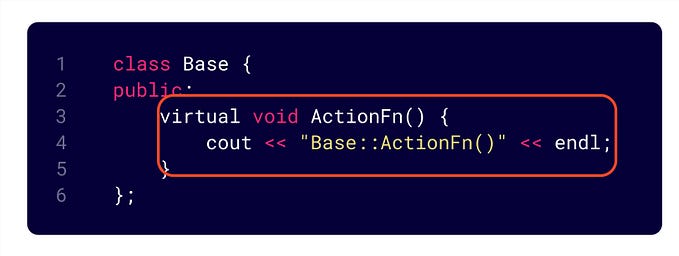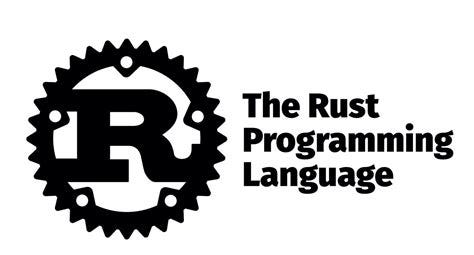Member-only story
In a previous article, I discussed the common programming attributes used in C++ to communicate with the compiler and express intent, such as [[maybe_unused]] and [[fallthrough]]. This article will cover a few more attributes that were introduced in C++20.
Below are the new/updated attributes introduced by the C++20 standard:
[[no_unique_address]]: Indicates that a non-static data member doesn’t need a distinct address from all other non-static data members of its class.[[likely]]/[[unlikely]]: Indicates that the compiler should optimize for the case where a path of execution is more or less likely than any other path of execution.[[nodiscard("reason")]]: Expands upon the C++17[[nodiscard]]attribute, allowing a rationale to be given alongside the compiler warning as to why a value should not be discarded.
Let’s look at each of these in closer detail.
New attribute #1: [[no_unique_address]]
This attribute was added to optimize the memory layout of classes and structs. It tells the compiler that a particular non-static data member doesn’t need a unique memory address from the other non-static data members of its class/struct and therefore can share the same address. Consider the following example:
#include <iostream>
// Regular unique_ptr without [[no_unique_address]]
template<class T, class Deleter = std::default_delete<T>>
class unique_ptr_regular {
public:
~unique_ptr_regular() {…




